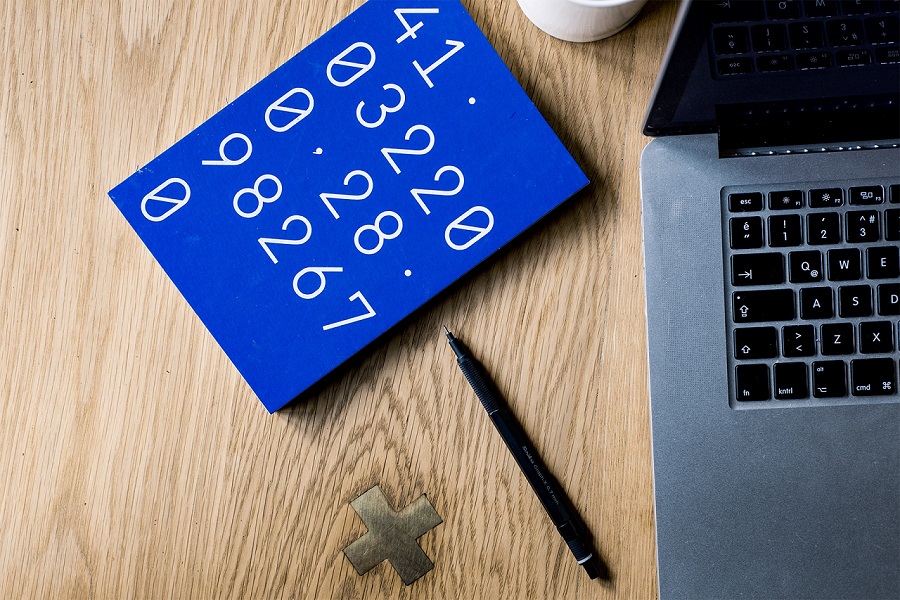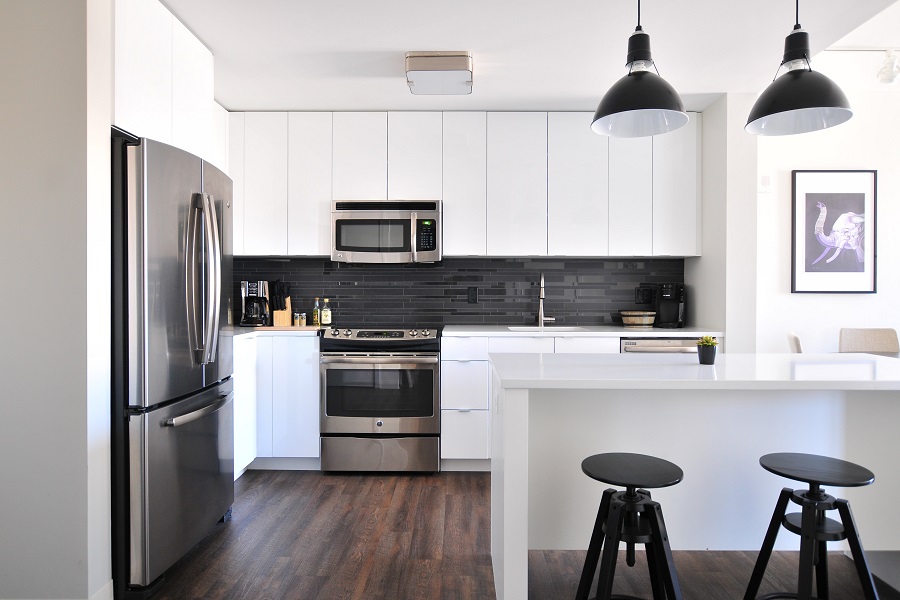Rental Accounting: How to Keep it Simple
Are you a landlord and currently renting out a property or two to tenants? If so, then you’ll want your accounts to be as simple as possible.
You can, of course, hire an accountant to work out and file your HMRC self-assessment returns for you, but this costs money. If you only have a couple of rentals then your accounts shouldn’t be too difficult to work out for yourself.
And anyway, another downside of using an accountant (a pretty big one, actually) is that they aren’t as incentivised to cut costs and increase profits to the same extent you are. So, they’ll sort out the figures, but they won’t analyse them for you. They’re not invested in the business like you.
So, if you do go down the route of doing your own accounts, here are a few tips:
What to track
Keep detailed records of all the income and expenditure related to your rental properties. This includes rent received (income) and outgoings, such as cleaning expenses, travel costs, landlord insurance, legal fees, management fees, mortgage interest payments and repairs.
How to track
Software packages these days provide excellent tracking for home accounting. The one you choose depends on how many rentals you have, whether you are working in partnership with someone and how adept you are at using online tools.
CEO of Crunch @darrenfell says: “Accounting software is easy, mature and cheap enough for it to make sense for anyone. It is more efficient, both in terms of time and cost, than traditional accounting,”
- Good for up to two properties. There are, for instance, simple spreadsheets you can use from Excel, or Google Sheets. Just make sure you routinely mark them up every month or quarter, etc. Google Sheets can be shared with a partner while Excel is good for doing analysis.
- Best for multiple properties. There are lots of specific landlord packages out there, with most of them cloud-based. This includes Stessa which can be linked to your bank accounts so that any relevant income and outgoings are immediately transported to the software (saving you time later). There is also a mobile version, allowing you to instantly scan receipts for recording.
- For landlords who want to learn accounting. General purpose accounting platforms such as Quickbooks and Wave can also be used. The former can take a while to set up while the latter consists of many features which you probably won’t use.
Set up individual bank accounts per property
Even if you only have one property it’s still easier to manage if there is a dedicated bank account for your rental. And with Stessa you can link as many bank accounts as you like, keeping your accounts even neater.
The sooner you choose your accounting software, the better your accounts will be for the end of the tax year. You’ll also be able to tell at a glance whether or not a particular property is profitable enough for you and whether you have the finances to invest in another. You’ll also know that, because you’re using software, the numbers are right.



